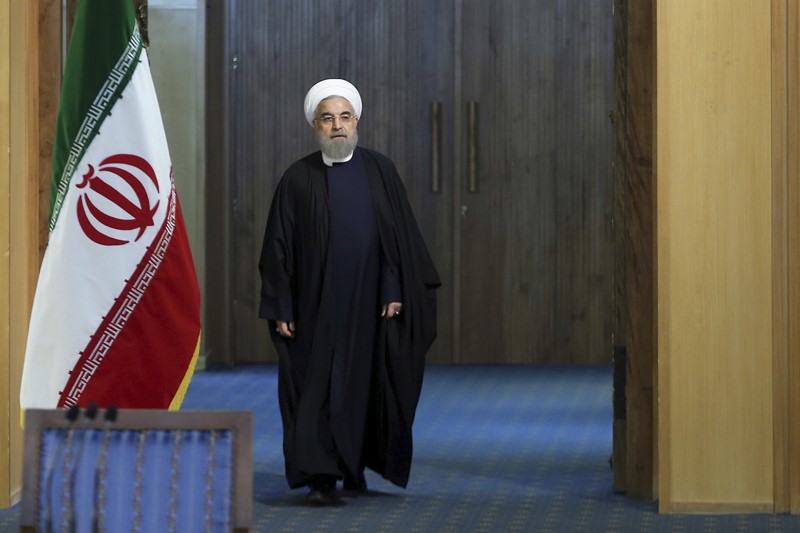By Patricia Zengerle
WASHINGTON (Reuters) - As the U.S. Treasury Department decides whether to license sales of Boeing (NYSE:BA) Co and Airbus commercial aircraft to Iran, opponents of last year's nuclear pact with the Islamic republic have launched a lobbying campaign against the deals.
The international agreement to curb Iran's nuclear programme made such sales possible by easing sanctions on Tehran, but some members of the U.S. Congress who oppose it want to block proposed sales of some 200 jetliners, worth about $50 billion (£38.1 billion) at list prices, to renew Iran Air's ageing fleet.
While the lawmakers oppose any action that could boost the Tehran government, they also argue that Iran could use passenger aircraft for military purposes such as transporting fighters to battle U.S. troops or allies in Syria or elsewhere.
Boeing and Airbus, the world's two largest planemakers, struck provisional agreements with the Iranian carrier earlier this year.
The Republican-majority Congress could pass legislation to block the sales even if the Treasury Department approved them. The House of Representatives last month passed two amendments that would have stopped the sales, although to become law they would have to be approved by the Senate and signed by President Barack Obama, a Democrat.
This week, the Foundation for Defense of Democracies, a Washington foreign policy research group, which has criticized the nuclear pact and advocated tougher sanctions on Iran, organised letters signed by dozens of national security figures expressing concern about the aircraft sales and promising to increase pressure on Congress.
"This deal ... represents a legitimisation of a State Sponsor of Terror and a direct benefit for a ruling regime responsible for gross human rights abuses, support for terrorism including threats against the U.S. and its allies," said the letters to Dennis Muilenburg, Boeing's chairman, and Fabrice Brégier, chief executive of Airbus' plane manufacturing unit.
The 42 signers included former Secretary of State George Shultz, former CIA Director Michael Hayden and former U.S. Senator Joseph Lieberman.
HEATED POLITICS
Aviation industry experts said Treasury likely would not approve the sales until after the Nov. 8 U.S. presidential election, although the companies would like to move more quickly.
The campaign season "is not the time to push it," said Adam Pilarski, a senior vice president at the Avitas aviation consultancy in Virginia. "Once we have a resolution of who the president is, calmer heads will prevail. It is business that is good for the U.S."
Democratic Party candidate Hillary Clinton, a former secretary of state under Obama, supports the nuclear deal. Republican candidate Donald Trump opposes it.
Treasury said it would not address its engagement with specific companies.
Airbus spokesman Stefan Schaffrath declined comment on the lobbying campaign, saying the company was working with U.S. authorities to ensure that all its activities complied with applicable laws and regulations.
John Dern, a Boeing spokesman, said the company is continuing to talk with approved Iranian airlines, that all its actions to date have been licensed by the U.S. government and that any final agreements also would need approval.
Since it is based in Chicago, Boeing must obtain a license from Treasury before the sale can go through. France-based Airbus must also obtain a license, as would virtually any aircraft maker, because its planes contain more than 10 percent U.S. content.

Supporters of the Boeing sale say American firms will lose out to foreign competitors if the U.S. government bars sales to Iran. Although the nuclear pact eased sanctions connected to Iran's nuclear programme, restrictions related to concerns such as terrorism support and human rights abuses remain.